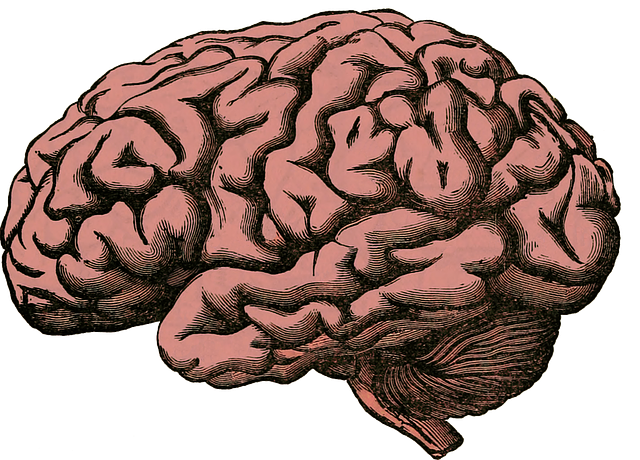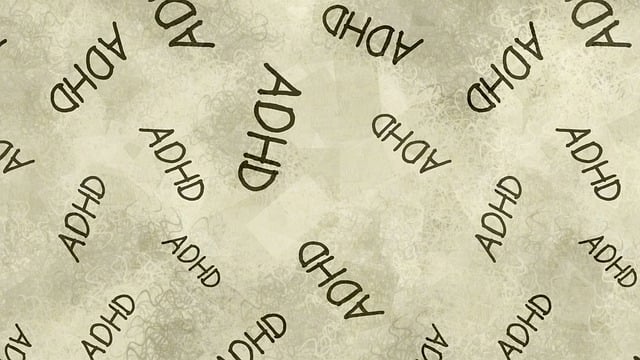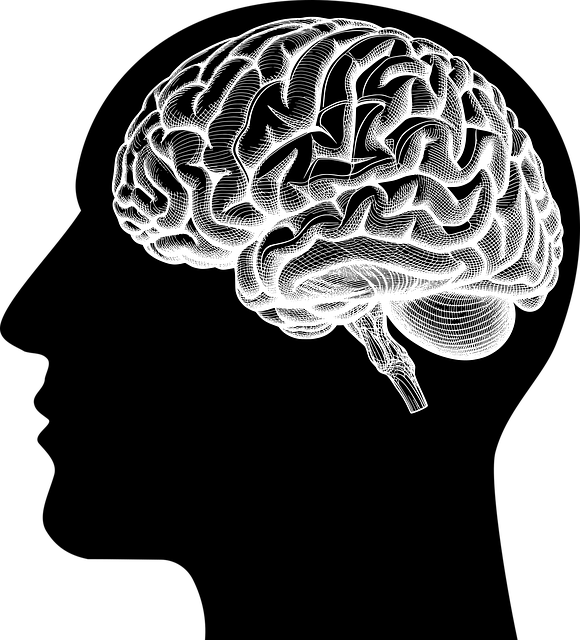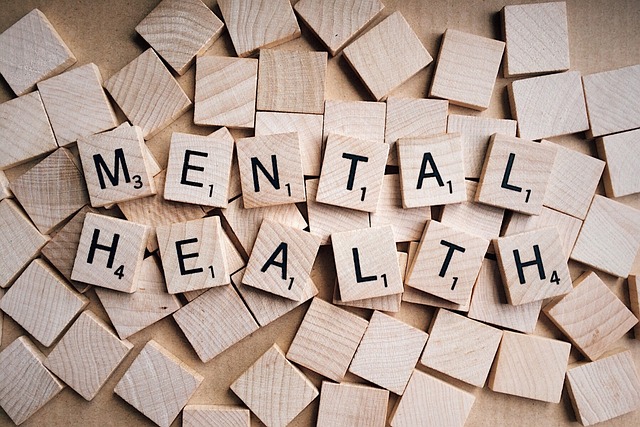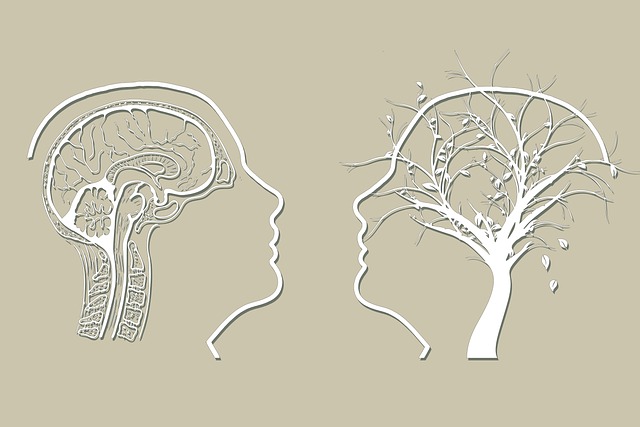Mental health advocacy, led by organizations like Centennial Therapy for Therapists-Clinicians, focuses on empowering individuals and destigmatizing mental health issues. Through specialized training, education, and community partnerships, they promote access to quality care, crisis intervention, emotional regulation strategies, and cultural sensitivity in therapy. Evaluating initiatives using both quantitative and qualitative methods ensures their effectiveness and informs future strategies, ultimately contributing to improved overall well-being.
Mental health advocacy initiatives are pivotal in fostering inclusive communities. This article delves into the essential aspects of mental health activism, exploring its significance and impact. We examine the role of organizations like Centennial Therapy in training professionals and providing support. Additionally, we discuss strategies for effective clinic-community collaboration and methods to measure the success of advocacy efforts. By understanding these key components, therapists and clinicians can enhance their practice and contribute to a more supportive society.
- Understanding Mental Health Advocacy: A Necessary Conversation
- The Role of Centennial Therapy in Training and Support
- Strategies for Effective Clinic-Community Collaboration
- Measuring Impact: Evaluating the Success of Advocacy Initiatives
Understanding Mental Health Advocacy: A Necessary Conversation

Mental health advocacy is a vital conversation that requires continuous engagement from professionals like therapists and clinicians. At its core, it’s about amplifying the voices of individuals who often face societal barriers when seeking support for their emotional well-being. Advocacy initiatives aim to destigmatize mental health issues, ensuring everyone has access to quality care and resources, much like Centennial Therapy provides for its clients.
Through advocacy, professionals can offer crisis intervention guidance, educate communities on emotional regulation strategies, and foster inner strength development. By integrating these practices into their work, therapists and clinicians become powerful agents of change, not just healers. They contribute to building a more supportive environment where mental health is prioritized and treated with the same importance as physical health, thereby fostering overall well-being for all individuals.
The Role of Centennial Therapy in Training and Support

Centennial Therapy has emerged as a leading force in shaping the future of mental health care by prioritizing both therapist and client well-being. Through specialized training programs, Centennial offers therapists and clinicians valuable tools to enhance their practice while promoting self-care practices. This holistic approach ensures that professionals in the field are equipped not only to provide effective treatment but also to maintain optimal mood management for themselves.
By fostering a culture of mental health awareness, Centennial Therapy encourages open conversations about challenges faced by therapists. They offer ongoing support, recognizing the importance of balanced lives and healthy work environments. This commitment extends to educating the public on various aspects of mental health, thereby reducing stigma and promoting understanding—key factors in creating an inclusive society where individuals feel empowered to seek help.
Strategies for Effective Clinic-Community Collaboration

Effective clinic-community collaboration is a cornerstone for successful mental health advocacy and improved access to quality care. By fostering partnerships between therapy practices like Centennial Therapy and local community organizations, we can create a network that supports individuals in need from various angles. One key strategy involves integrating Crisis Intervention Guidance into these collaborations, ensuring a swift and sensitive response during mental health crises. This approach empowers therapists and community members alike to provide immediate assistance while guiding individuals towards long-term mental wellness.
Additionally, incorporating Cultural Sensitivity in Mental Healthcare Practice is essential for building trust and delivering tailored care. Understanding and respecting diverse cultural backgrounds, beliefs, and practices allows therapists and community leaders to create inclusive environments that encourage open dialogue about mental health. Such collaborations can lead to the development of culturally responsive interventions, making services more accessible and effective for all.
Measuring Impact: Evaluating the Success of Advocacy Initiatives

Evaluating the success of mental health advocacy initiatives is a crucial step in understanding their impact and making informed decisions for future strategies. This process involves measuring various outcomes, from increasing awareness to improving access to care. One effective method is through quantitative analysis, tracking metrics such as the reach of awareness campaigns, participation rates in support groups, or the number of individuals referred to therapy services like those offered by Centennial Therapy for Therapists-Clinicians. By setting clear goals and collecting data, advocates can identify what’s working and where adjustments are needed.
Qualitative assessments also play a significant role in gauging impact. These include gathering feedback from participants, healthcare providers, and community members to gain insights into the initiative’s effects on their emotional intelligence, cultural competency, and overall well-being. For instance, improved understanding of burnout prevention strategies among healthcare providers can be a measurable indicator of successful training programs like those focused on Cultural Competency Training. This holistic evaluation ensures that advocacy efforts are not only reaching but also positively influencing the mental health landscape.
Mental health advocacy initiatives, as demonstrated by strategies discussed involving Centennial Therapy for therapists-clinicians, clinic-community collaboration, and measuring impact, are vital tools in enhancing mental healthcare accessibility. By fostering open dialogue, providing comprehensive training, and implementing robust evaluation methods, we can create a more supportive and inclusive environment. These efforts not only empower individuals with mental health conditions but also enrich the professional landscape for therapists and clinicians. Ultimately, these initiatives drive positive change, ensuring that everyone has access to quality mental healthcare.
